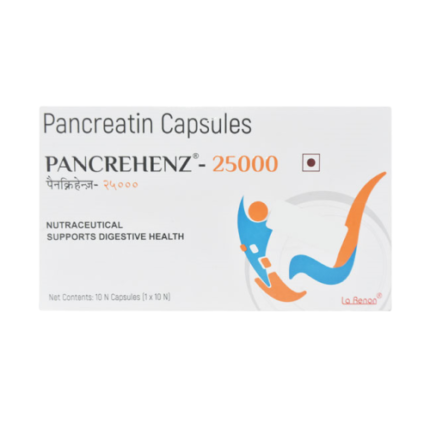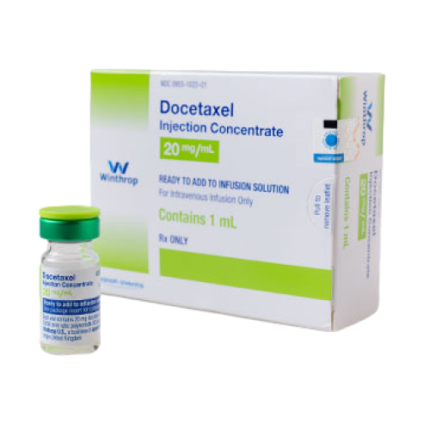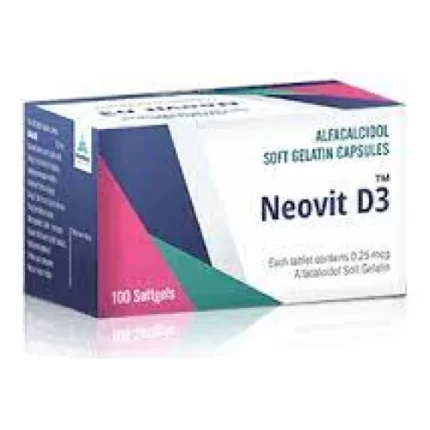Introduction to Abcixirel 10mg Injection
The Abcixirel 10mg injection comprises Abciximab, an active component categorized within the group of medications known as monoclonal anti-glycoprotein IIb/IIIa receptor antibodies. It’s utilized in heart treatments to safeguard arteries and prevent blood clot formation. Specifically used in patients experiencing unstable angina or mild heart attacks, it aims to decrease the risk of subsequent heart-related incidents. This injection works by hindering platelet aggregation and clot formation, thereby preserving blood flow in the arteries. This action ensures enhanced protection and minimizes the likelihood of further heart-related complications.
Avoid using the Abcixirel 10mg injection if you’re allergic to Abciximab or any of its constituents. Refrain from its use if you’re experiencing active internal bleeding, recent (within six weeks) clinically significant gastrointestinal or genitourinary bleeding, or if you’ve had a cerebrovascular accident (CVA) within the past two years, especially if it resulted in significant lasting neurological impairment. Additionally, this injection should not be used if you have a bleeding tendency, have taken oral anticoagulants in the last seven days without reaching prothrombin time within 1.2 times the control, or have thrombocytopenia with a platelet count below 100,000 cells/μL.
Furthermore, avoid this product if you’ve undergone major surgery or trauma in the past six weeks, have an intracranial neoplasm, arteriovenous malformation, or aneurysm, suffer from severe uncontrolled hypertension, have a documented history or presumed diagnosis of vasculitis, or have received intravenous dextran before percutaneous coronary intervention or plan to use it during such an intervention. It’s important to note that the safety and effectiveness of this medication have not been studied in children.
Furthermore, avoid this product if you’ve undergone major surgery or trauma in the past six weeks, have an intracranial neoplasm, arteriovenous malformation, or aneurysm, suffer from severe uncontrolled hypertension, have a documented history or presumed diagnosis of vasculitis, or have received intravenous dextran before percutaneous coronary intervention or plan to use it during such an intervention. It’s important to note that the safety and effectiveness of this medication have not been studied in children.
Before initiating treatment, inform your doctor about any blood-thinning medications you’re currently taking, such as heparin or similar drugs. The Abcixirel 10mg injection might heighten the risk of bleeding, especially when used alongside these medications. Your doctor will assess the potential benefits and risks associated with the treatment. If severe bleeding occurs and cannot be managed, they will discontinue the infusion and halt any other blood-thinning medication you might be using. It’s crucial to discuss your medical history and any concerns with your doctor to establish the most suitable and secure treatment plan for you.
Furthermore, before beginning this medication, notify your doctor if you are pregnant, planning a pregnancy, suspect you might be pregnant, or if you are breastfeeding. Common side effects of this medication may include erythema (skin redness), inflammation, rash, pruritus (itching), skin dryness, and swelling.
Uses of Abcixirel 10mg Injection
- Prevents blood clots during Percutaneous coronary intervention.
- Unstable angina
Therapeutic Effects of Abcixirel 10mg Injection
Abcixirel 10mg injection works by inhibiting the aggregation of platelets, which are blood cells that form blood clots. Preventing platelet aggregation reduces the risk of blood clots from forming.
Interaction of Abcixirel 10mg Injection with other drugs
Inform your doctor about any prescribed medications, over-the-counter medicines, nutritional or vitamin supplements, and herbal products you take or have taken before the treatment. Certain medications may interact with Abcixirel 10mg injection and can cause undesirable side effects.
More Information about Abcixirel 10mg Injection
- Keep out of sight and reach of pets and children.
- Store at 2°C – 8°C.
- Do not freeze the medicine.
- Always check the expiry date before using it.
How to consume Abcixirel 10mg Injection
Abcixirel 10mg injection will be administered to you by a healthcare professional in a hospital setting. It is usually administered in a vein (intravenous). Your doctor will decide the dose, route of administration, and frequency based on your disease condition and other factors.
Safety Advices for Abcixirel 10mg Injection

Pregnancy
It is unknown whether Abcixirel 10mg injection harms the unborn baby. Before starting the treatment, inform your doctor if you are pregnant, planning to get pregnant, or think you may be pregnant.

Breast Feeding
It is unknown whether Abcixirel 10mg injection is excreted in breast milk. So, before starting the treatment, inform your doctor if you are breastfeeding. Contact your doctor for more information.

Lungs
It is unknown whether Abcixirel 10mg injection is safe for patients with lung problems. Inform your physician if you have any lung disease before starting the treatment. Contact your doctor if you experience any lung-related symptoms.

Liver
Limited information is available on using Abcixirel 10mg injection in patients with liver disease. Therefore, it is crucial to consult your doctor before considering its usage to ensure it is safe and appropriate for your condition.

Alcohol
It is unknown whether consuming alcohol while taking Abcixirel 10mg injection is safe. Please speak with your physician.

Driving
It is unknown whether Abcixirel 10mg injection alters driving ability. However, if you experience side effects like tiredness or drowsiness, avoid driving and using machines.
Side Effects of Abcixirel 10mg Injection
Side effects are unwanted symptoms caused by medicines. Even though all medicines cause side effects, not everyone gets them.
Common:
- Low platelet levels
- Low blood pressure
- Chest pain
- Nausea, vomiting
- Headache
- Back pain
Word of Advice
Follow your doctor’s recommendations closely throughout the process. If you experience any concerning symptoms or side effects, be sure to inform your healthcare provider immediately. Do not stop the medicine until your doctor advises. Do not breastfeed while taking Abcixirel 10mg injection injection. Your medical professional will inform you if you need any dose adjustments. Contact your doctor for more information.
FAQs
Q 1. Can I use Abcixirel 10mg injection if I’m pregnant?
It is unknown whether Abcixirel 10mg injection harms the unborn baby. Before starting the treatment, inform your doctor if you are pregnant, planning to get pregnant, or think you may be pregnant.
Q 2. Can I use Abcixirel 10mg injection with other medications?
Before using this medicine, it is essential to consult your doctor, as they can interact with various other medications. Getting suggestions from your doctor will help ensure the safe and appropriate use of Abcixirel 10mg injection with your current medication regimen.
Q 3. What are the side effects of Abcixirel 10mg injection?
The most common side effects of Abcixirel 10mg injection are low platelet levels, low blood pressure, chest pain, nausea, vomiting, headache and back pain. If you experience any side effects, talk to your doctor.
Q 4. Is it okay to consume alcohol while taking Abcixirel 10mg injection?
It is unknown whether consuming alcohol while taking Abcixirel 10mg injection is safe. Please speak with your physician.
Q 5. How do you manage the side effects of Abcixirel 10mg injection?
To manage the side effects of Abcixirel 10mg injection, follow the prescribed dosage and report side effects promptly. Stay hydrated, maintain a healthy lifestyle, and attend follow-up appointments.
Fact Box of Abcixirel 10mg Injection
Molecule name: Abciximab
Pharmacological class: Monoclonal anti-glycoprotein IIb/IIIa receptor antibody
Therapeutic class: Antiplatelet Agents
Indications:
- Prevents blood clots during Percutaneous coronary intervention.
- Unstable angina.
References
- Paracetamol 125mg Suppositories – Summary of Product Characteristics (SmPC) – (emc). www.medicines.org.uk. Published April 2022. Accessed May 17, 2023.
https://www.medicines.org.uk/emc/product/8080/smpc - KD Tripathi, Essentials of Medical Pharmacology, Nonsteroidal Anti-inflammatory Drugs and Antipyretics-Analgesics, 7th edition, 2013, 206-207.
- Goodman & Gilman’s, The Pharmacological Basics of Therapeutics, Anti-inflammatory, Antipyretic, and Analgesic Agents; Pharmacotherapy of Gout, 12th edition, 2011, 982-984.

 MEDICINES
MEDICINES PATIENT ASSISTANCE PROGRAMS
PATIENT ASSISTANCE PROGRAMS IMPORTED MEDICINES
IMPORTED MEDICINES CONTACT US
CONTACT US Upload
Upload












Reviews
There are no reviews yet.